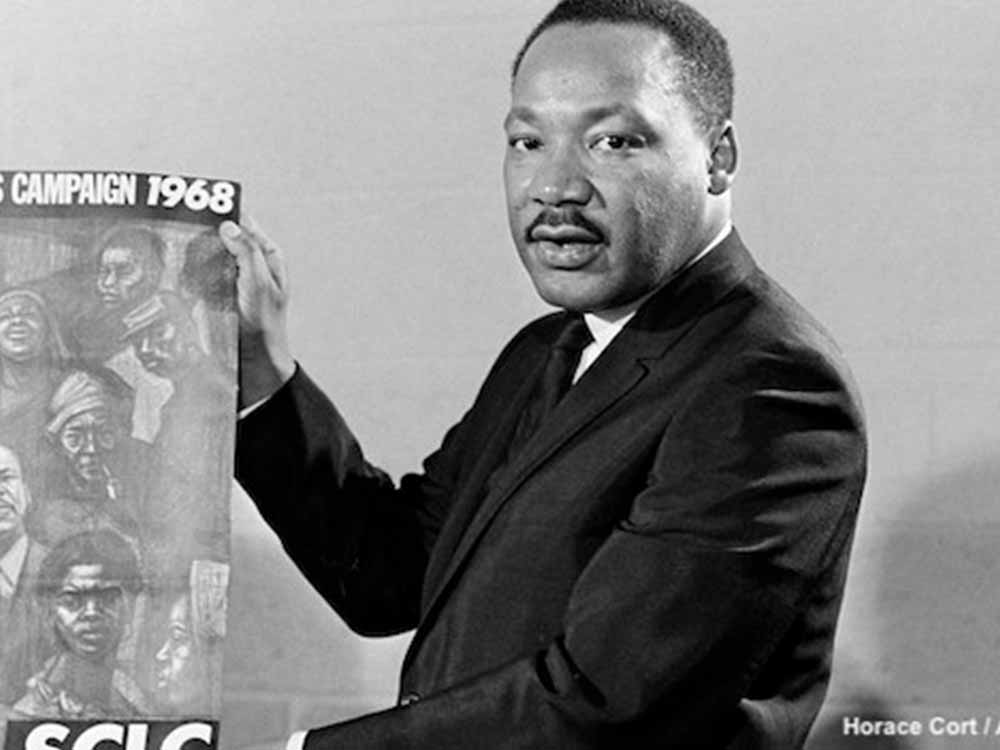Martin Luther King Jr. in 2008: A Legacy Endures
Martin Luther King Jr., a towering figure in the American civil rights movement, continued to cast a profound influence in 2008, decades after his assassination. This exploration covers King’s early life, his enduring legacy, the significance of 2008 in relation to his dream, and the impact on the presidential election.
Early Life and Leadership in the Civil Rights Movement
Born on January 15, 1929, in Atlanta, Georgia, Martin Luther King Jr. emerged as a prominent leader in the civil rights struggle during the 1950s and 1960s. King’s commitment to nonviolent resistance and his inspirational oratory skills played pivotal roles in advocating for racial equality and justice. His leadership in the Montgomery Bus Boycott (1955-1956) and the Southern Christian Leadership Conference (SCLC) solidified his status as a transformative figure in American history.
Legacy of the Dream
The central theme of Martin Luther King Jr.’s legacy is encapsulated in his iconic “I Have a Dream” speech, delivered on the steps of the Lincoln Memorial during the 1963 March on Washington. This visionary address called for an end to racial segregation and discrimination, emphasizing a future where individuals would be judged by their character rather than the color of their skin.
In 2008, King’s dream continued to resonate, inspiring movements and individuals committed to the ongoing pursuit of racial justice and equality. His legacy served as a beacon for those advocating for civil rights, both in the United States and around the world.
The Significance of 2008
The year 2008 held particular significance in relation to Martin Luther King Jr.’s dream as the United States witnessed the election of its first African American president, Barack Obama. Obama’s candidacy and eventual victory were seen as a realization of King’s vision for a nation where individuals were judged based on their character and abilities rather than their racial background.
The historic nature of Obama’s presidency represented a milestone in the broader struggle for civil rights and marked a tangible step toward the fulfillment of King’s dream. The juxtaposition of King’s legacy with the contemporary political landscape in 2008 underscored the progress made and the work that remained in the ongoing fight against racial inequality.
Continuing the Journey
In 2008, Martin Luther King Jr.’s legacy continued to evolve, influencing conversations about justice, equality, and the ongoing struggle for civil rights. His teachings and philosophy remained integral to discussions on social justice, inspiring a new generation of activists and leaders to champion the cause of racial equity.
The election of Barack Obama, while a historic milestone, also served as a reminder of the challenges that persisted. King’s dream was not fully realized, and his legacy called for a continued commitment to dismantling systemic racism and addressing the broader issues of inequality that persisted in American society.
In summary, Martin Luther King Jr.’s influence in 2008 transcended the boundaries of time, inspiring individuals and shaping the discourse on civil rights and equality. The election of Barack Obama represented a significant chapter in the ongoing journey toward realizing King’s dream, underscoring the enduring relevance of his teachings and the continued quest for justice in America.











